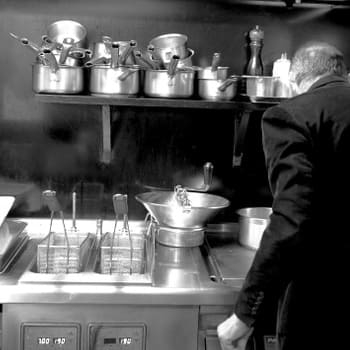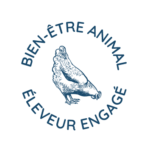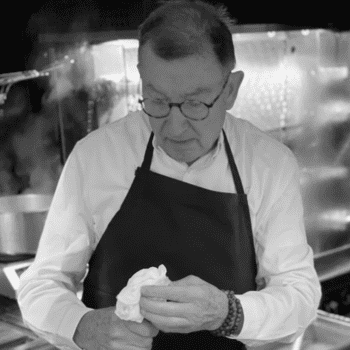With the 21st century, lifestyles are changing and multiplying, around concerns shared by the largest number of people, which are to live better, consume better and eat better.
On food, omnivores agree to want to transmit to future generations two essential values in their eyes: first, eating balanced and varied but also consuming quality products from sustainable sectors.



These new eating habits are increasingly favouring a responsible diet and have given rise to a lifestyle: flexitarianism.
Flexitarian, this omnivore of the 21st century, is an enlightened consumer who eats everything: food of animal as well as vegetable origin. Free to choose his diet, he eats in consciousness, that is to say in reasoned quantity and favors as much pleasure as quality, but also balance and variety, local and sustainability. Flexitarian therefore makes the choice of a way of life respectful of his body, but also of the planet. In short, flexitarian:
- is flexible, eats conscientiously and enjoys food without guilt;
- freely chooses food for pleasure and health;
- let himself be guided by his desires and his quest for balance;
- is an informed consumer who eats both animal and plant foods;
- is a fan of vegetables and legumes, but also a meat lover, in just enough quantities.



By eating, in a reasonable and reasoned way, flexitarian can favour quality meat from a responsible and sustainable production. Eaten in just enough, meat has its place in a balanced diet. And it is in this movement that the cuisine of Chef Antoine Westermann at the Coq & fils.
Far from the dictates, to be naturally flexitarian is to be free to do without anything, it is to combine variety with quality, it is above all common sense!
Flexitarians are usually used for reasons related to animal welfare, health or an ecological approach. The reduction in meat consumption would also have a positive impact on the prevention of certain cancers of the digestive tract (especially colon cancer). Reducing meat consumption will have a positive impact on the environment, even if it is not full-time.
The best meat no meat at all, the adage of Chef Antoine Westermann and especially that of Flexitarianism.
